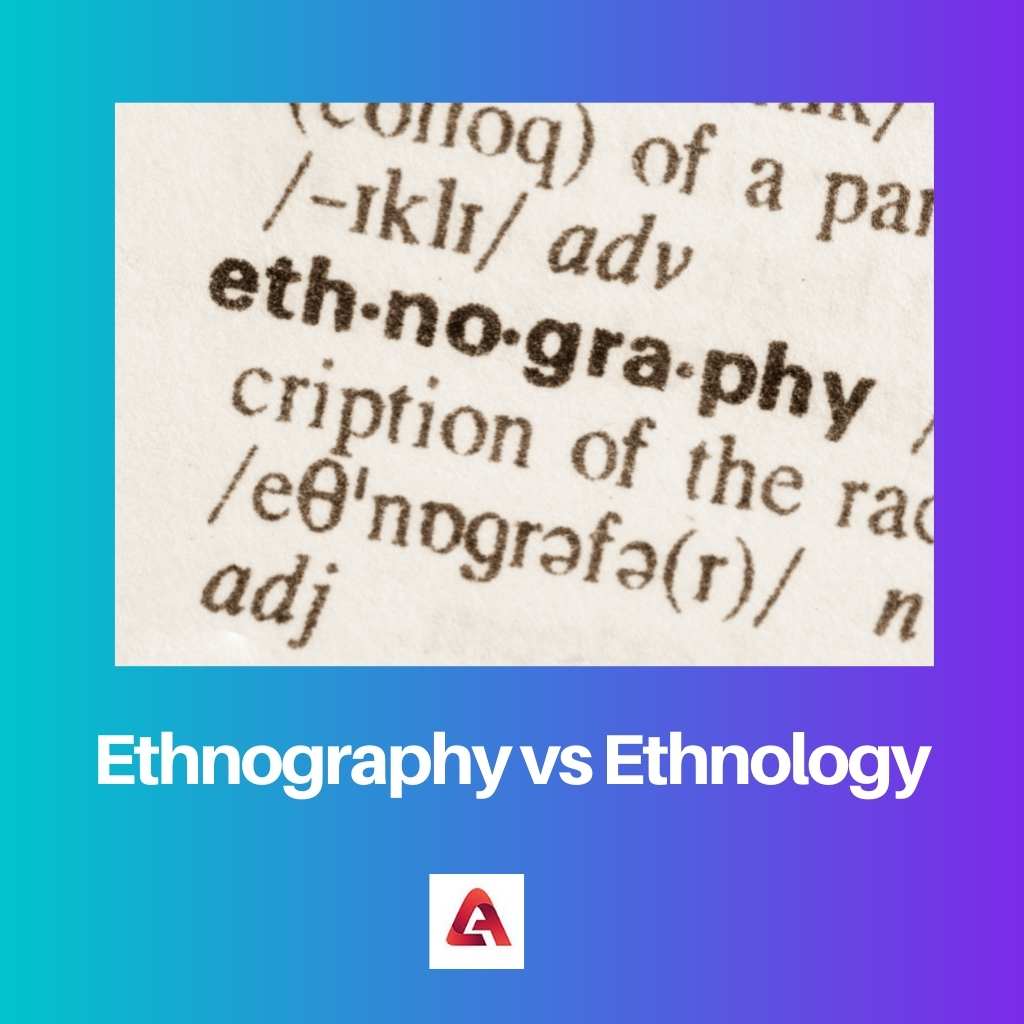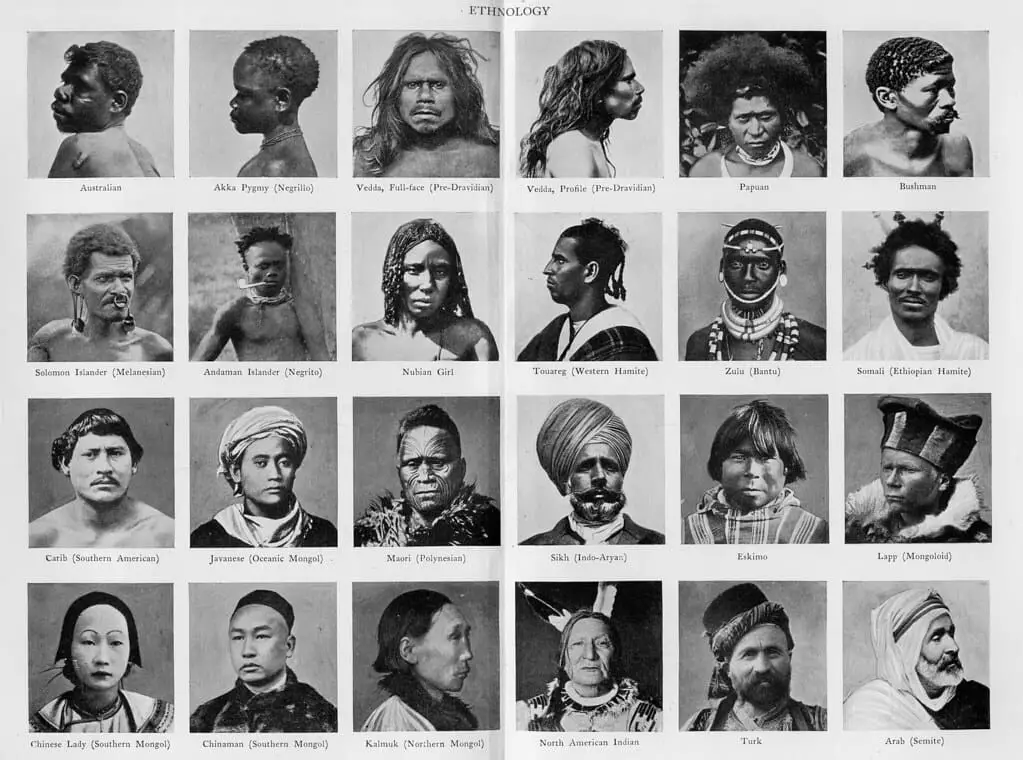Culture anthropology is a field that combines ethnography and ethnology. Anthropology of culture is concerned with social, religious, political, and many other aspects of human culture.
The study of ethnography specializes in single cultures or specific structures within a culture, whereas ethnology deals with the members and structures of cultures.
Key Takeaways
- Ethnography involves the detailed study and description of a particular culture, while ethnology is the comparative analysis of different cultures.
- Ethnographers engage in fieldwork, observing and documenting cultural practices, whereas ethnologists synthesize data from various ethnographic studies to draw broader conclusions.
- Ethnography offers in-depth insights into a single culture, while ethnology contributes to a more comprehensive understanding of human cultural diversity.
Ethnography vs Ethnology
Ethnography is a study of people and cultures by observation and firsthand experiences. It involves immersing oneself in a culture to understand its social norms, beliefs, etc. Ethnology is the study of cultures through theoretical and comparative approaches, based on secondhand sources.

Ethnography is a method vital to understanding the world. In essence, ethnography is an in-depth study of culture at home and abroad, and it is the most fundamental method of social and cultural anthropology.
However, it is also integral to other social sciences and humanities in general.
“Culture writing,” which is called ethnography, is a type of documentation that many ethnographers rely on as part of their fieldwork.
This genre of writing aims to provide detailed, first-hand written descriptions of an old culture that is based on research conducted on the field by the researchers.
Comparison Table
What is Ethnography?
Essentially, ethnography is the systematic and reasonable depiction of people and their societies. Ethnography also helps to clarify the vast number of human groups that exist.
Attempts are made to explain the development of man, as well as the history of man, beginning with his earliest days.
An ethnographer is a professional who specializes in a specific topic or discipline of ethnography, as implied by their title.
In the course of their study, ethnographers take a close look at the diverse tribes and their traditions in depth. This is a key thing to remember while studying anthropology: it cannot be done based on preconceptions.
The statements made by ethnographers are backed up by substantial evidence. Anthropology reflects the anthropological need for completeness, which is the belief that the whole is greater than the sum of its parts (or vice versa).
As applied to ethnography, the notion of holism might be expressed as follows: it is most beneficial to comprehend a culture by studying as many parts of its surroundings as feasible.
Sociological fields. It can also be used to research communities within the researcher’s society rather than just exploring distant or unfamiliar cultures.
What is Ethnology?
The study of ethnology originated in the eighteenth century as a systematic endeavor to collect and compare knowledge on non-European people that lacked written records of their historical and cultural history.
Today, ethnology is a thriving field of study with over a million students worldwide.
In its broadest definition, the word ‘ethnology’ refers to the study of human culture, language, religion, moral views, and social structures as fields of scientific interest, with particular emphasis on the study of indigenous peoples.
Ethnos is derived from the Greek term that means ‘a people’ or group of people.
On the other hand, ethnological research of a society’s demographics provides a comprehensive account of the culture of the community under inquiry.
To comprehend how a civilization runs, it is vital to compare and contrast various ethnographies. When it comes to ethnology, an ethnologist is someone who specializes in the subject or area of ethnology in which they are doing the study.
In the field of ethnography, people study civilizations that include superstitions, beliefs, myths, and institutions that are similar to or different from those found in other regions of the world, as well as those that are unique to that particular culture.

Main Differences Between Ethnography and Ethnology
- Ethnography is concerned with the procedures that take place in any community, whereas Ethnology includes a detailed overview of a society’s demographics.
- An ethnography expert is called an ethnographer whereas the expert of ethnology is called an ethnologist.
- Ethnography is founded on evidence-based assumptions, ethnography cannot be followed whereas Ethnology can be founded on assumptions at times.
- Ethnography represents the visual methods used to present human societies in particular whereas ethnology stands for the scientific exploration of a population, whether it is a human population (ethnologist) or a plant population (ethnobotanist);
- Ethnography investigates a cultural phenomenon in terms of the study’s subject whereas Ethnology is a branch of science that studies and examines the features of various peoples as well as their interrelationships.



